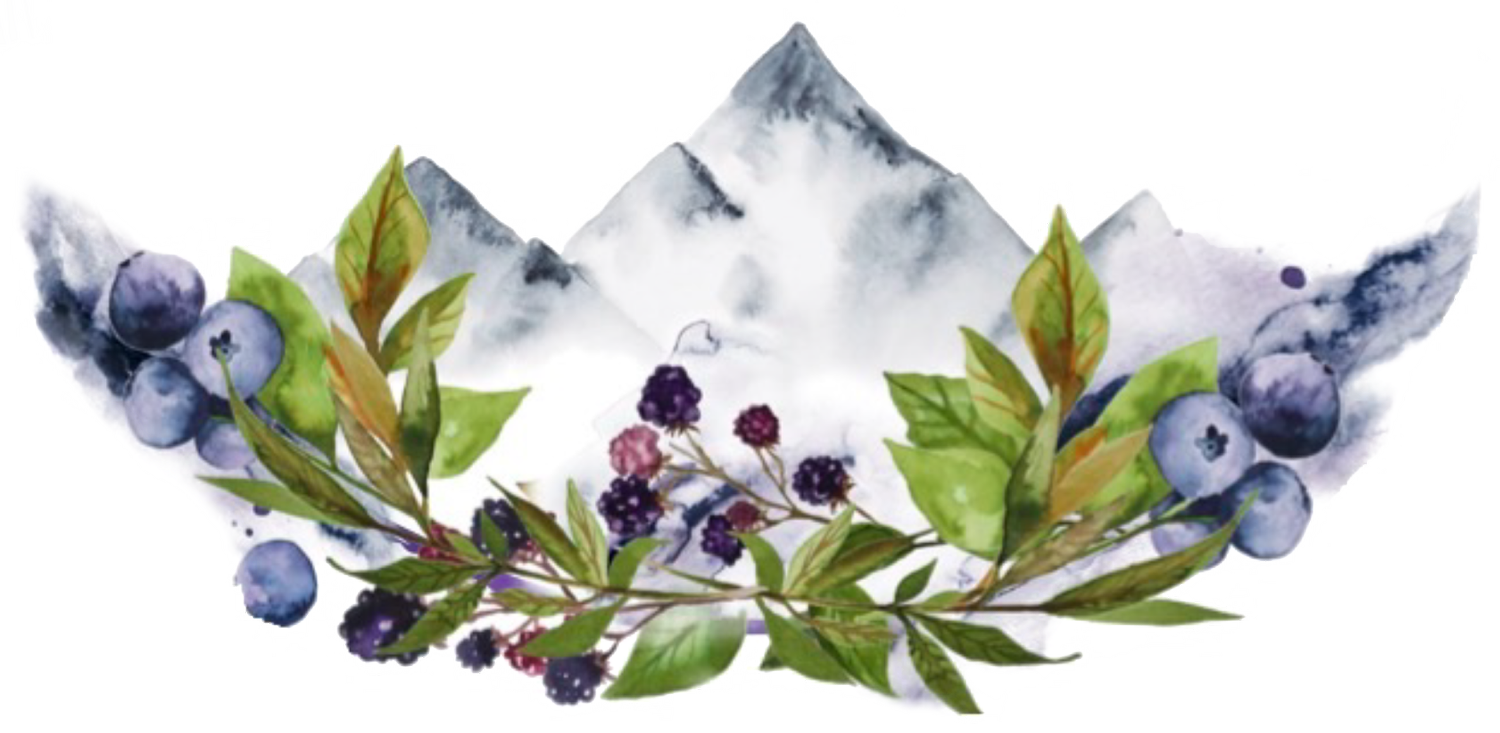Full Body Nourishment
We all know how diet plays a huge role in our physical and mental health. As our modern world has moved further and further away from whole, unprocessed foods, and genetically modified foods and chemicals have become the norm, mental and physical illness has skyrocketed.
But none of this is new information. We all know we should eat better, have more work/life balance, get outside more, move our bodies, and stay hydrated.
Making too many changes at once though, can lead to these new habits not sticking.
So we try one small change at a time.
Right now, I am working with bone broth. I am currently making my first batch. And honestly, it is emotionally harder than I thought.
I was vegetarian for 6 years and vegan for one. During that time, I couldn't even eat eggs because they tasted too much like chicken. While my original choice was not animal rights related (I have a red meat allergy), a bit of that ideology seeped in by being in that community. After seeing my health decline and developing some serious medical issues, I had to introduce white meat back into my diet. While I do eat white meat now, I’ve always had an issue with bones. Even as a young kid, they always freaked me out and I couldn’t eat anything I saw in its animal form.
Last night we got a roast chicken. I immediately felt awful. Seeing this small creature that I was about to consume, the bones, the fat, the sinews. It was too much.
But I sat with it.
We are human animals. We have to eat to fuel our bodies, just like other animals do.
We don’t scold the bear for eating the fish.
We don’t berate the vulture for eating the deer.
We have accepted those acts as part of life. And we are animals just like them. So why can’t we do that with humans?
As I added the bones from the chicken to the pot, I cried. I thanked it, blessed it, and honored its sacrifice for my family. It was very hard and is still hard as I stare into the pot. And that’s okay. It shouldn’t be easy, taking a life. Even if it is needed for me to stay alive and be well, it is still serious and sacred.
This bone broth will nourish my body and my family. And by using the bones and the skin and the meat, there is no waste. This is how our ancestors ate and lived. Sacred animal food is a staple of nourishment.
I also use plants to support this full body nourishment.
Spring greens are some of the most nutrient dense plants around. You can add these to soups, strews, salads, pestos and sauces, and even put them on sandwiches.
Some of my favorites are:
Nettle
Chickweed
Purple Dead Nettle
Wild Garlic
Violets
Dandelion
Cleavers
Garlic Mustard
These plants are great for your lymphatic system, helping your body to push out any stagnant waste and energy from the colder months. They're also full of vital minerals and vitamins.
If you are interested in bone broth, here is a simple recipe. You can expand it with different flavors and additions to your own style.
Ingredients
chicken or beef bones, such as the bones and carcass from your roast chicken
(optional) chicken neck, kidney, feet, etc.
3 tablespoons apple cider vinegar
chopped up carrots, celery, onions and garlic
1 teaspoon sea salt
1 teaspoon whole peppercorns
2 bay leaves
additional herbs/veggies/spices to taste
cold water, to cover
1. Place bones into a large stockpot or slow cooker.
2. Add apple cider vinegar to pot.
3. Add in additional veggies/herbs/spices
4. Fill stockpot or slow cooker with filtered water to cover all ingredients. It's okay if a couple bones are peaking out. Leave room for water to boil.
5. Heat slowly. Bring to a boil and then reduce heat to simmer for at least six hours. Remove any scum or foam as it arises.
6. Cook slow and at low heat. Chicken bones can cook for 24 hours. Beef bones can cook for 48 hours. A low and slow cook time is necessary in order to fully extract the nutrients in and around the bones. Remember these are dense materials.
7. Remove from heat and allow to cool slightly. Discard solids and strain remainder in a bowl through a colander. Strain again through a cheese cloth to get any finer pieces that may have passed through the colander.
8. Let stock cool to room temperature, cover and chill. This can be stored in the fridge for a few weeks or in the freeze for months. You can also fill ice cube trays with it to make it easier to pop into soups and sauces and meals.
By adding in these wild foods and plants to our every day, we are nourishing our bodies on a deeper level and continuing the work of our ancestors. We care for the land and the land cares for us, a reciprocal relationship.


